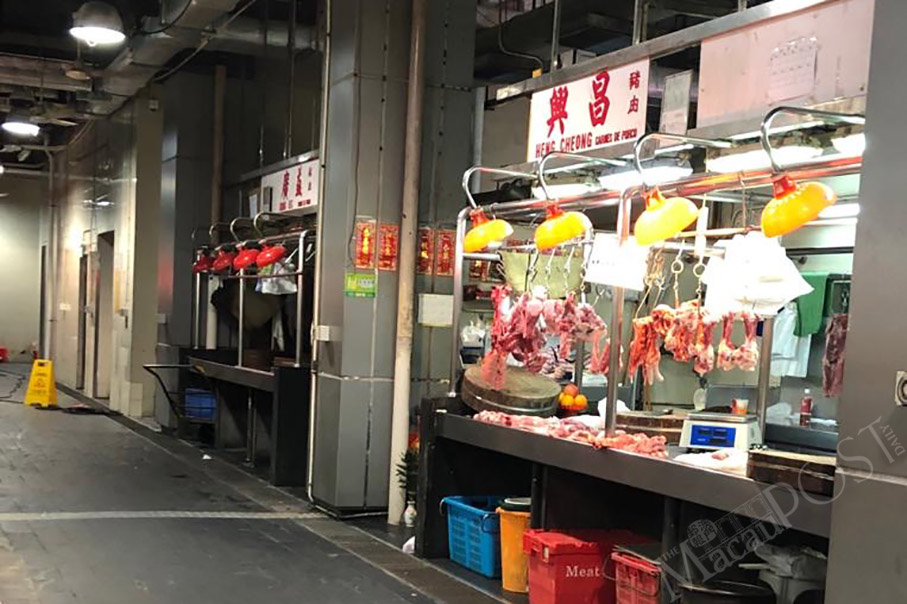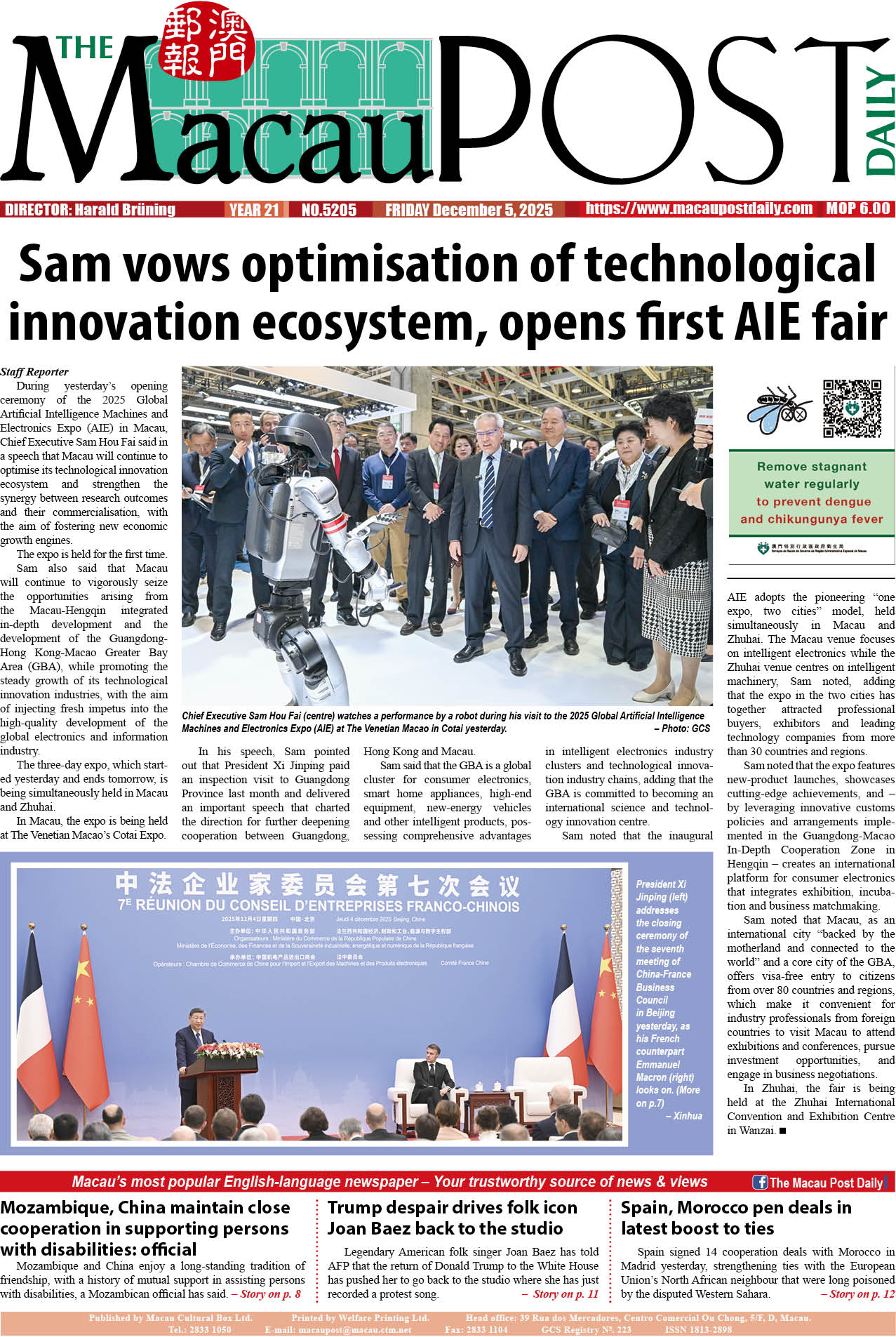Editorial
In my view, Foreign Minister Wang Yi’s recent 10-day tour of seven Pacific island nations, which included Timor-Leste, proved, once again, China’s long-standing practice of equality-based diplomacy.
While some Western governments and media tried hard to play up the marathon tour’s allegedly ulterior security designs, its outcome shows that it turned out to be remarkably consensual and pacific.
All of the Pacific island nations were colonised by Western powers (Britain, France, Germany, Spain, and the US) in the 19th century, often by resorting to the euphemism of “protectorate” to disguise their politico-economic designs.
The US annexed Hawaii in 1898 and Tonga became a British “protected state” in 1900. After World War I, Japan, Australia and New Zealand seized Germany’s Pacific colonies which they then continued to rule as so-called “mandates” under the League of Nations.
While some Pacific islands succeeded in their independence bids in the mid-20th century, others are still ruled by foreign countries such as – the name says it all – “American” Samoa. France seems to be determined to keep a foothold in the Pacific at all costs for geopolitical reasons.
Wang’s tour ended with a visit to the Democratic Republic of Timor-Leste (East Timor’s official Portuguese name).*
That sparked my personal interest** in particular because I covered the country’s ceremony which marked the restoration of its independence in Dili on May 20, 2002 (East Timor unilaterally declared its independence from Portugal on November 28, 1975). My first article about Timor-Leste, which was then occupied by Indonesia, was published in 1980 and I met some of its leaders such as José Ramos-Horta and Xanana Gusmão in Macau in the 1990s.
During my visit to Timor-Leste two decades ago, East Timorese told me that they would “very much” welcome Chinese investment and assistance, pointing out that their country had a thriving Chinese community, said to have numbered about 30,000, before the Indonesian invasion in December 1977. They also underlined that Chinese seafarers traded with them for hundreds of years without, unlike other foreigners, trying to occupy their island.
During Wang’s visit, President Xi Jinping and his East Timorese counterpart Ramos-Horta exchanged congratulations on the 20th anniversary of diplomatic relations. Xi underlined the two nations’ long history of friendship.
Ramos-Horta, Timor-Leste’s third president, told Xinhua in an interview on the eve of Wang’s visit that “China’s role is indispensable for the peace and stability, development and prosperity of the region.”
Ramos-Horta, without whose decades-long efforts Timor-Leste would most probably not have been able to restore its independence, also pointed out that China “has been very generous in supporting the nation in the fields of education, health, agriculture and infrastructure.” He acknowledged that “what China is providing to us, as it has done in the last 20 years, is extremely important for Timor-Leste to keep progressing economically.”
Ramos-Horta also thanked China for the help in the fight against COVID-19.
During his two-day stay in Timor-Leste, Wang’s meetings with Prime Minister Taur Matan Ruak, Foreign Minister Adaljiza Magno and many other senior politicians reaffirmed the strong bonds of friendship between Beijing and Dili, and both sides agreed to strengthen win-win cooperation and safeguard multilateralism.
No doubt, Timor-Leste, which has 1.3 million inhabitants, is a vivid example of China’s equality-based diplomacy.
At the start of Wang’s tour, Xi sent a written speech to the 2nd China-Pacific Island Countries Foreign Ministers’ Meeting in Fiji on May 30. Wang read out the speech, in which Xi emphasised that China stays committed to equality of all countries regardless of size.
“No matter how the international landscape may evolve, China will always be a good friend that shares the same ideals and follows the same path, a good brother going through thick and thin as well as a good partner forging ahead side by side of Pacific island countries,” Xi said, adding that China is ready to “join hands to build an even closer China-Pacific island countries community with a shared future.”
Speaking to reporters in Kota Kinabalu right after his tour that took in Kiribati, Samoa, Fiji, Tonga, Vanuatu, Papua New Guinea and Timor-Leste, Wang reaffirmed China’s view that all countries, big or small, are equal. Noting that China and Pacific island nations are developing countries, Wang said that the two sides have a broad consensus, similar concerns and common missions.
Significantly, Wang also reaffirmed that China’s cooperation with Pacific island countries “is not targeted at and will not be interfered with by any country.”
According to Xinhua, Wang emphasised that China has no intention of competing with anyone for influence or engaging in geographical competition, adding that with an open mind and in accordance with the willingness of Pacific island countries, China is ready to continue to carry out more tripartite or even quadripartite cooperation with Australia and New Zealand in the South Pacific region, so as to give full play to the respective advantages of all sides and form greater synergy.
One can only hope that Australia’s new Labor government has taken due note of Wang’s remarks. For the benefit of our planet, Canberra, Washington and other Western capitals must discard their Monroe Doctrine***-like stance vis-à-vis the Pacific and instead cooperate with Beijing in assisting the developing Pacific Island nations in addressing climate change, promoting their diversified development and joining hands for the sustainable development of the ocean. What our battered Earth does urgently need is global cooperation among nations with different political systems and social values to solve the most pressing challenges such as poverty alleviation, education, health care and, last but not least, enough food and a decent home for all.
What the world needs more than ever before is what I would call the 3Ds of international understanding: dialogue, discussion, and debate.
Wang, who will be 69 in October, also revealed that he met with 17 leaders and more than 30 ministers – some of them via video link – of 10 countries during his tour. That’s quite a feat. My impression is that he’s not only one of the world’s smartest and most hardworking foreign ministers, but also one of the most energetic.
Shortly after winding up his Pacific tour, Wang attended the 3rd China + Central Asia (C+C5) foreign ministers’ meeting in Kazakhstan’s capital Nur-Sultan.
Keep it up!
– Harald Brüning
*To those interested in reading up on Timor-Leste’s eventful history, I do recommend Jill Jolliffe’s 1978 book ‘East Timor: Nationalism and Colonialism’, as well as Geoffrey C. Gunn’s 1999 book ‘Timor Loro Sae’ (“Loro Sae” means “rising sun”, i.e., east, in Timor’s indigenous Tetum language).
**On a lighter note, I may add that I am a Timor coffee aficionado and that’s why when I joined a group of local media colleagues in opening a (now defunct) café near the Cathedral in 2007, we called it ‘MacTim’, short for “Macau Timor”, because Timor coffee was one of our specialities. Timor coffee is, according to my taste buds, one of the world’s best. I highly recommend it.
*** According to the ‘Oxford Concise Dictionary of Politics’ (1996), the Monroe Doctrine was “originally promulgated by United States President James Monroe in 1823 as a warning to European powers that any expansionist activity by them anywhere in the Americas would be construed as a threat to the United States. Extended by Theodore Roosevelt and repeatedly used to justify US intervention in the affairs of Latin American countries.”







